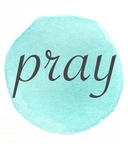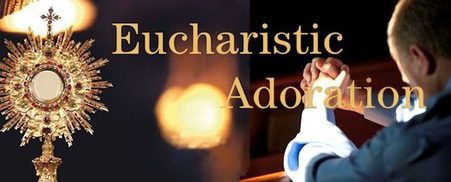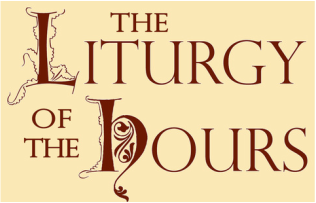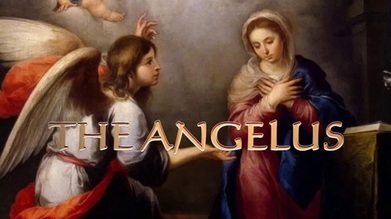Family with Teen(s)
My challenge for you this month is to try a new prayer practice. Without prayer, how can we ever have a relationship with God?
There are hundreds of ways to pray! How you talk to God is unique to you, but we all need a little help when figuring out what fist us best. This page includes seven different prayer practices for you to explore and engage in with your family. Some will resonate with you, and some will not but I encourage you to try them all and by the end of this month, pick one practice to make a habit. Your life will be better for it. These are a series of articles, guides, and witnesses that can help lead you to which practice will suit you the most.
A Beginners Guide to Adoration
Ss. John and Paul has Adoration available in the Day Chapel every Monday at 7pm
How to Start Reading the Bible
At Ss. John and Paul we use the Catholic Youth Bible for all of our Teens.
Buy your own HERE!
Why do Catholics Pray the Rosary?
HERE is a simple guide for praying the Rosary.
Why you Should Keep a Prayer Journal
Do not be afraid to use this as a tool when trying to write out what prayer practice you want to make part of your life.
Praying the Liturgy of the Hours
If you attend the High School Retreat we will pray night prayer for the day together. You can find these prayers online HERE or by downloading the iBreviary app.
This is a simple prayer remembering the moment the angel Gabriel came to Mary invited her to be the Mother of God, and Mary said yes. The Angelus is traditionally prayed at 6 AM, 12 PM, and 6 PM. The prayer centers on three Hail Marys with short prayers mixed in between them. This prayer can be a beautiful way to refocus on God and renew your “yes” to follow Him in the middle of whatever you may be doing at six, noon, and six . It’s okay to give yourself the whole hour to get the prayer in. You can find the prayers HERE
The Divine Mercy Chaplet takes about seven minutes to pray from start to finish. Like the Angelus, it is another prayer that is traditionally said at a particular time of day; this one at three o’clock in the afternoon. You will get to use your Rosary to pray this prayer. The prayers essentially ask for the world to be more open to God’s mercy and forgiveness which Jesus won for us on the cross. But it is also a way for you to give God your sins and shortcomings of the day and personally receive His love and mercy, or to ask for a spirit of forgiveness for those who have annoyed or offended you that day. You can find the prayers for the Divine Mercy Chaplet HERE










